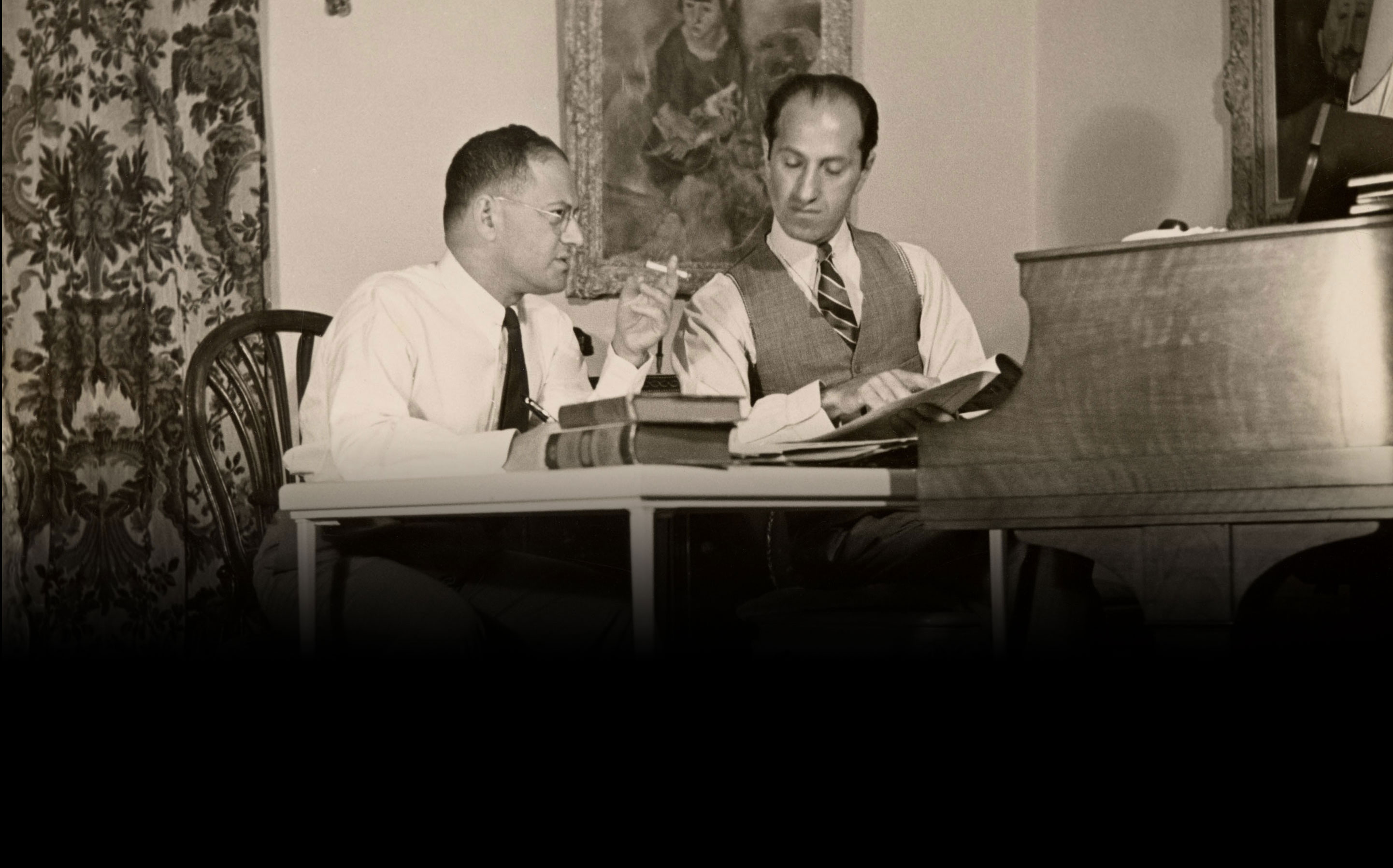Happy 100th to Rhapsody in Blue! Videos and Program Notes from Our Rhapsody in Blue Centennial Concert
We were thrilled to be able to share our centennial concert for Rhapsody in Blue and the four Gershwin musicals of 1924 with so many people at Michigan Theater in Ann Arbor on Sunday, February 11, 2024 — using George Gershwin’s own piano! It was amazing to have such a large and enthusiastic audience. Thank you so much to all who participated and to everyone who made it possible. Please read more about our program here! We are thrilled to share with you the video of Rhapsody in Blue in its original jazz band orchestration by Ferde Grofé using Ryan Raul […]
